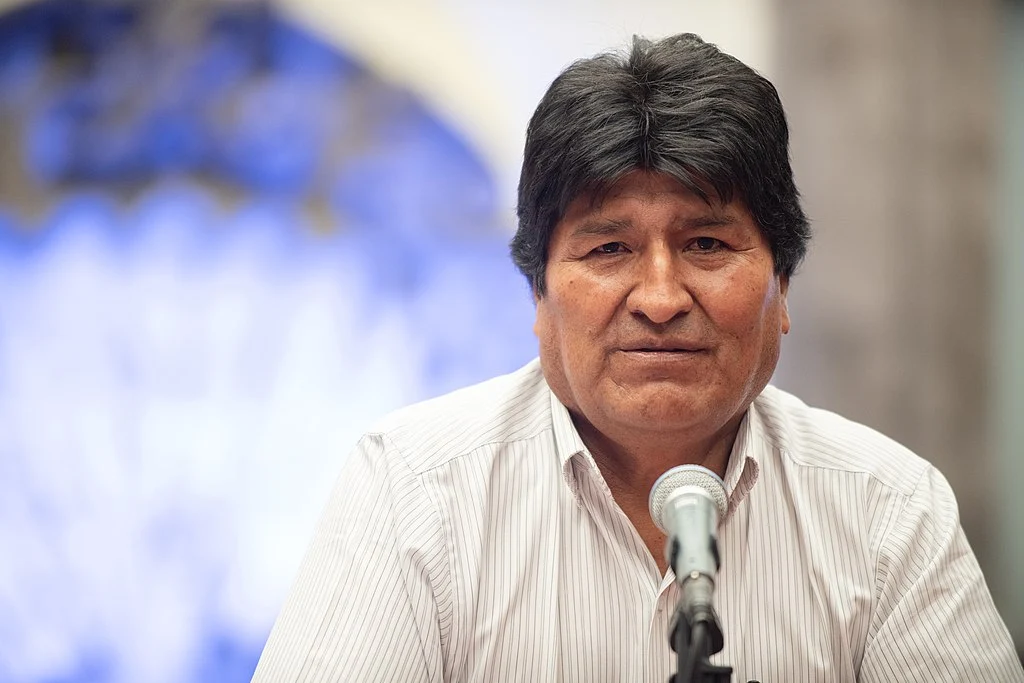Bolivia’s Socialist Movement (MAS) has nominated former leader Evo Morales for the 2025 elections.
The announcement came during a congress in Lauca Ñ, a central region. President Luis Arce and Vice President David Choquehuanca were noticeably absent.
They skipped the event due to political disagreements.
Meanwhile, a Santa Cruz court called for a temporary halt of the congress. The court cited alleged rights violations of members.
In response, the legal team of Morales contested the injunction. They claimed no official notice was received.
Despite these obstacles, Morales ended the meeting a day early. In his closing speech, he claimed the event was legal.
Moreover, he pledged to “reclaim the revolution” his party once started.
“Our vision is to save our homeland by reclaiming our past revolution,” Morales said. This came after his re-election as party leader.

The event was amidst internal tensions regarding the party’s leadership.
Security was tight throughout the congress. Multiple layers of protection were in place, and around 4,000 supporters ensured safety.
However, questions about the congress’s legality arose post-meeting.
Felipa Montenegro, representing rural women in Santa Cruz, questioned the event’s legitimacy.
She cited the court’s order as the reason. Various Bolivian social groups also opposed the MAS congress decisions. They announced plans to contest its outcomes.
Background
Bolivia’s political landscape remains deeply divided. Morales’ nomination only intensifies the debates around governance and ideology.
Meanwhile, President Arce and Vice President Choquehuanca’s absence hints at rifts within MAS itself.
These divisions could affect local elections and grassroots movements.
On the global stage, Bolivia’s politics often reflect broader trends in Latin America. Just like in other nations, Bolivia faces the challenge of uniting different political factions.
This struggle is common in countries transitioning from authoritarian rule to democracy.
Comparison-wise, Morales’ political comeback is reminiscent of leaders in other countries attempting returns.
Globally, such comebacks can either revive a party or deepen its divisions.
For example, Nicolas Sarkozy in France and Silvio Berlusconi in Italy have made similar political re-entries, albeit with mixed results.
In summary, Morales’ nomination by MAS opens a new chapter in Bolivian politics. It also echoes the global trend of polarized political climates.
As Bolivia heads toward 2025, its citizens and the international community will closely watch the unfolding events.
Both local and global stakeholders are keenly interested in the choices Bolivia makes next.

